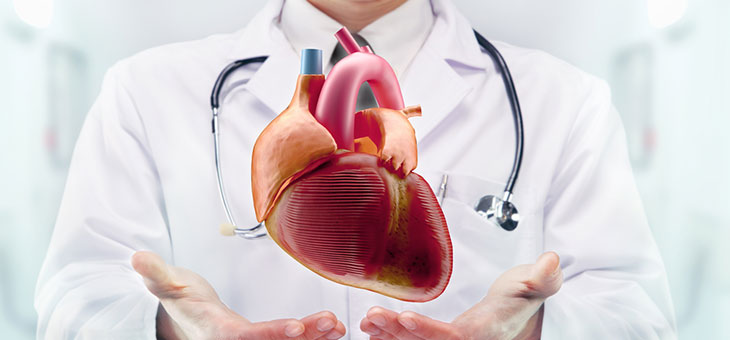Scientists may have found a way to reverse the clock on ageing heart muscles, with research on fruit flies potentially leading to new therapies for older people with heart disease.
Many of you may ask ‘what do fruit flies have to do with a human heart?’ Because fruit flies only live for between two and three months, they’re the perfect specimens for scientists to study anything age or longevity related. Human hearts and fly hearts age in a similar fashion. By middle age, both species’ cardiac muscles contract with less strength and regularity.
“And the ability to manipulate the fly genome also makes them ideal for genetic study and a common model organism,” said Hua Bai, an assistant professor of genetics, development and cell biology at Iowa State University.
Assoc. Prof. Bai’s study, published in Autophagy, explores the genetic mechanism that causes fly cardiac muscles to deteriorate with age.
Assoc. Prof. Bai, along with his research team, were able to restore much of the cardiac function in middle-aged flies, which experience many similar cardiac issues as middle-aged humans.
A process called autophagy is a cellular ‘clean-up process’, which removes and recycles damaged proteins and organelles. Typically, autophagy slows with age, leading to weakening cardiac muscles.
Assoc. Prof. Bai’s team analysed a key genetic pathway conserved in virtually all organisms related to autophagy that balances organism growth with nutrient intake and found a method to strengthen heart muscles of older fruit flies.
A pathway called mechanistic target of rapamycin (or mTOR), is linked to tissue ageing, and one of two complexes that underlie the mTOR pathway (mTORC2), decreases with age as autophagy declines. Boosting mTORC2 strengthens heart muscles of older fruit flies.
“Boosting the complex almost fully restored heart function,” Assoc. Prof. Bai said.
The researchers were able to restore a five-to-six-week-old fly’s heart function to that of a fly between one and two weeks old.
“That’s like restoring a middle-aged heart to how it functioned during young adulthood,” said Assoc. Prof. Bai.
The discovery could have big implications for how doctors treat patients with heart disease, one of the world’s leading causes of death.
“The fly model can be useful for developing drug target discoveries that could have a big impact on human health,” Assoc. Prof. Bai said.
What would you do to restore your heart to its youthful vigour?
If you enjoy our content, don’t keep it to yourself. Share our free eNews with your friends and encourage them to sign up.
Related articles:
Viagra helps heart health
These health foods have a dark side
Push-ups linked to heart health

